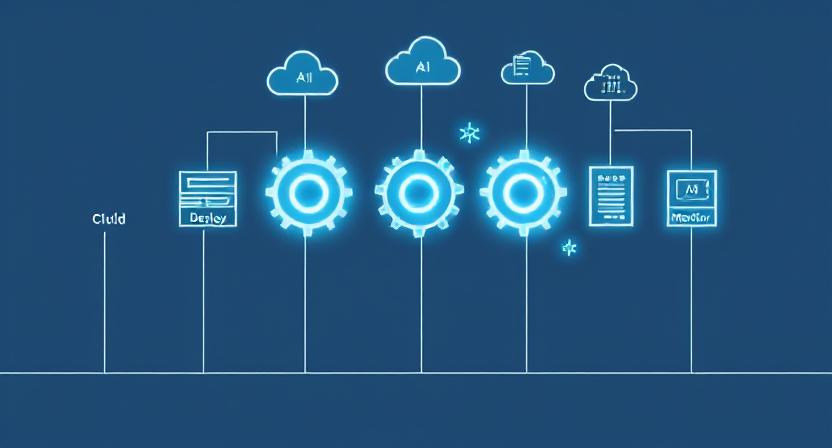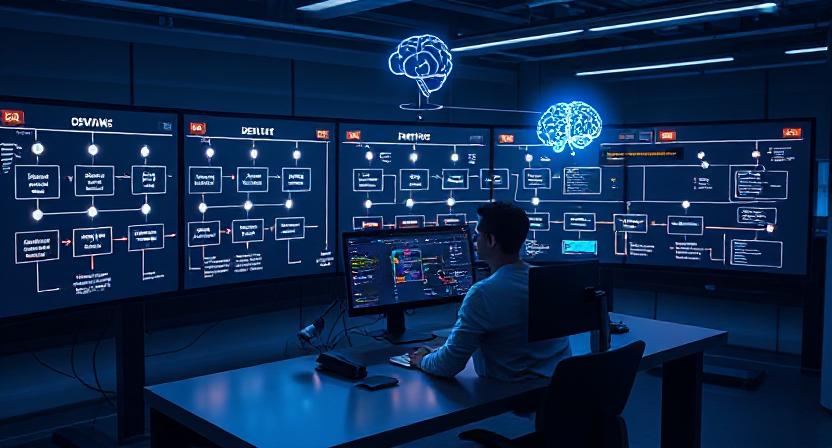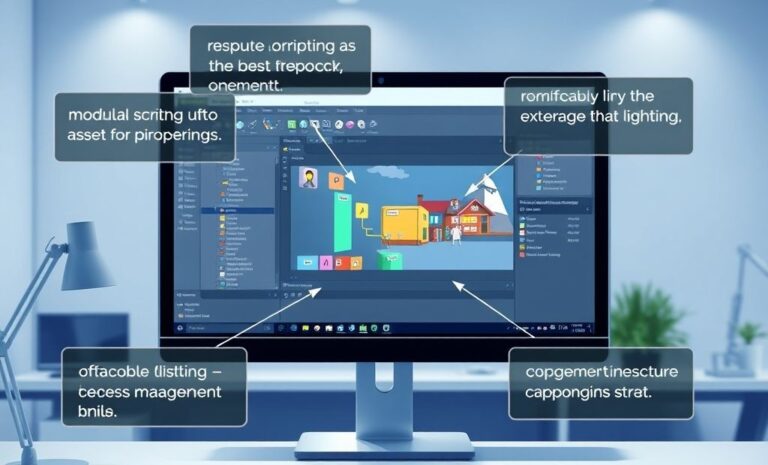AI picks relevant test reducing execution time

How AI is Optimizing CI/CD Cloud Pipelines and Reducing Failures In modern software development speed and stability are everything. Organizations today rely heavily on Continuous...
⏱️ Estimated reading time: 5 min
Latest News
How AI is Optimizing CI/CD Cloud Pipelines and Reducing Failures
In modern software development speed and stability are everything. Organizations today rely heavily on Continuous Integration and Continuous Deployment CI/CD pipelines to automate building testing and deploying code. However as systems grow in complexity CI/CD pipelines become more error-prone harder to monitor and challenging to optimize.AI tools now infuse CI/CD pipelines with intelligence. They automate tasks spot issues before they erupt and even steer performance in real time. This shift helps teams deploy faster and with higher confidence. AvykaDevOps.comHyperight
Key AI Enhancements in CI/CD Workflows
AI analyzes past patterns and test data to predict failures before code merges. It can prioritize tests and flag risky changes helping prevent problematic deployments.Generative and machine learning models automate responses. They can fix build errors suggest solutions or trigger rollbacks when needed all with minimal manual intervention. Specifically Gemini-powered tools in CI/CD pipelines can automate code reviews generate clear pull request summaries and create detailed release notes thereby streamlining and enhancing developer workflows.
Streamlined Root-Cause Analysis
LogSage is an LLM-based framework that processes CI/CD logs to pinpoint causes of build failures. It achieves nearly 98% precision in root-cause detection and offers proactive fixes using retrieval-augmented generation.
Adaptive Cloud Configuration
The LADs framework uses LLMs to optimize cloud setups through iterative feedback loops. It learns from deployment outcomes to improve resilience performance and efficiency in complex cloud-native environments.
AIOps Integration in DevOps
AIOps platforms bring machine learning into CI/CD monitoring. They detect anomalies correlate incidents predict performance issues and enable automated remediation boosting reliability across pipelines.
What is a CI/CD Pipeline?
Before diving into AI let’s recap what a CI/CD pipeline is.
- Continuous Integration (CI): Developers frequently merge their code into a shared repository. Automated builds and tests run to verify changes early.
- Continuous Deployment (CD): Once code passes all stages it’s automatically deployed to production or staging environments.
Why Traditional CI/CD Pipelines Fail
- Flaky tests: Tests pass and fail inconsistently, creating noise and reducing confidence.
- Slow builds: Unoptimized pipelines delay releases and waste developer time.
- Resource bottlenecks: Limited infrastructure leads to queued builds and timeouts.
- Undetected code risks: Vulnerable or poorly tested code may pass through unnoticed.
- Manual troubleshooting: When pipelines break root cause analysis is time-consuming.

How AI Enhances CI/CD Pipelines
AI is being integrated into CI/CD tools to predict optimize and automate. It doesn’t replace DevOps engineers it empowers them with insights and intelligent recommendations.AI models can analyze historical pipeline data to predict whether a build will fail before it even starts.
Dynamic Pipeline Optimization
Traditional pipelines run every step regardless of change size or risk. AI can make this smarter.
- AI-Driven Optimization: AI selects only the necessary tests/build steps based on code diff commit history and developer behavior.
- Test Selection: Instead of running 10,000 tests AI may choose the most relevant 500.
- Parallelization: AI decides the most efficient way to distribute jobs across nodes.
Smart Anomaly Detection and Root Cause Analysis
When a pipeline breaks it’s often unclear why. AI helps here too.
- Anomaly Detection: AI models detect unusual test durations memory leaks or error rates in real time.
- Root Cause Inference: Using pattern recognition AI highlights likely causes and impacted components.
- Log Analysis: Natural Language Processing NLP parses log files to summarize errors and generate human-readable explanations.
GitHub Copilot for CI
GitHub’s AI assistant not only helps write code it’s now being integrated into GitHub Actions to analyze pipeline configurations and flag missteps.
Harness
Harness offers AI/ML features like test intelligence deployment verification and failure prediction built specifically for CI/CD pipelines.
Jenkins with Machine Learning Plugins
Community built plugins allow Jenkins to track flaky tests perform anomaly detection and auto-tune parameters.While AI brings major benefits it’s not without its challenges:
Future of AI in DevOps
- Self-healing pipelines: that reroute jobs and auto-fix broken stages
- Autonomous deployments: based on AI confidence levels
- Real-time code scoring: for risk and compliance during commits
- AI-led incident response: with dynamic rollback and patch generation
- Soon AI will not only optimize pipelines it will operate them turning DevOps into NoOps for many teams.
Conclusion
CI/CD pipelines are the backbone of modern software delivery but they face growing complexity. AI offers a powerful way to optimize these pipelines reduce errors and make deployment smoother than ever before.By embedding AI into CI/CD tools teams can predict failures prioritize the right tests eliminate bottlenecks and safeguard code in real-time. It’s not about removing humans from the loop it’s about amplifying their ability to deliver high-quality software at scale.As more organizations adopt AI-driven DevOps practices those who embrace the change early will gain a clear edge in speed stability and innovation.
Related Posts

Unity Projects Gain AI Foresees DevOps Issues
How AI Tools Are Revolutionizing Pipeline Failure Prediction in Unity Cloud and DevOps In today’s...
September 5, 2025

Unity 6.2 AI Tools Dynamic Creation Made Easy
How Unity Developers Can Generate Dynamic Levels Using Generative AI Tools Game developers constantly search...
August 22, 2025

Unity Development: Best Practices for 2025
Unity Development: Best Practices for 2025 for Optimized Games The landscape of Unity development is...
May 5, 2025











Leave a Reply